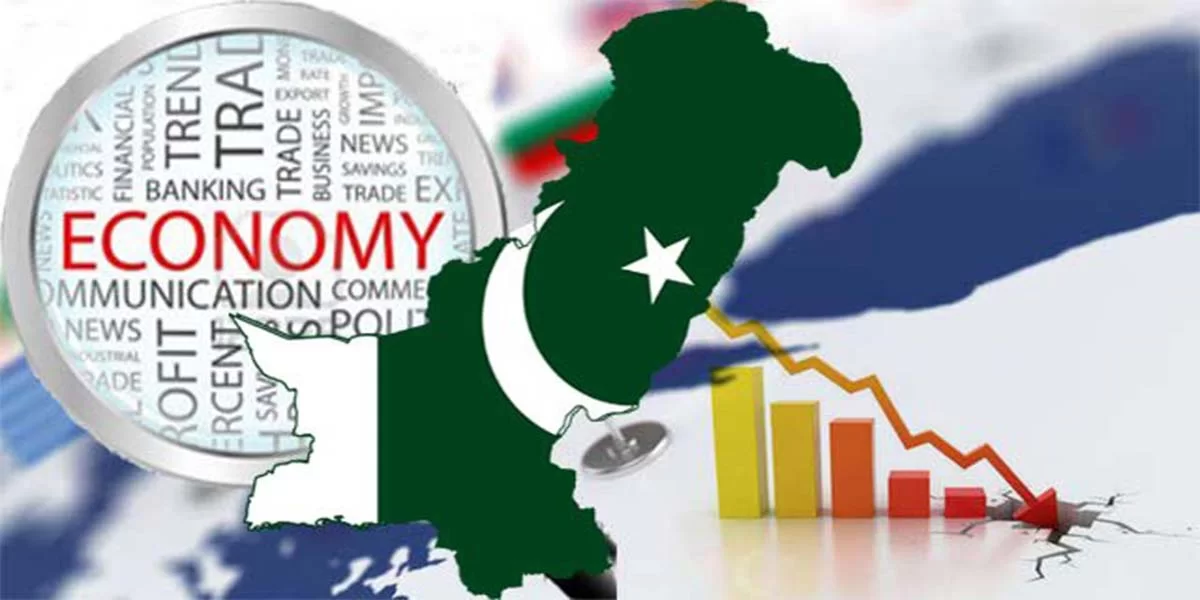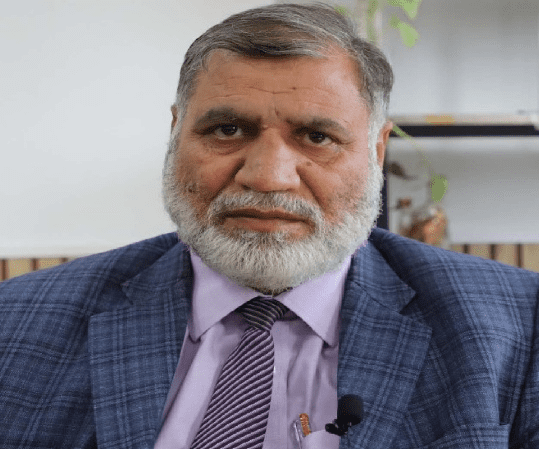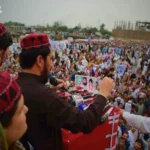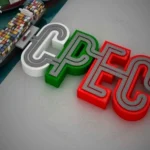A major step to match the economy of Pakistan with the international digital standards, Prime Minister Shehbaz Sharif has given powerful instruction to multiply all goals linked with the digital and cashless economy. This is a very ambitious target which was discussed at a high-level meeting at PM House in Islamabad and it represents a strategic movement in economic planning in the country.
Pakistan can no longer dream of having a digital economy, but it is at present and evolving very fast. This was not an order referring to a theoretical system, this was referring to an operating infrastructure in a halfway developed state and to an urgent need to take it to the next stage.
One of the most important elements of this transition is emphasis on doing away with currency manipulation and enhancing transparency. The resources which include energy have been allocated with a specific intention of maintaining the integrity and value of the national currency. These are all steps that indicate a paradigm shift in the economic priorities of Pakistan: the move away towards informal and undocumented work to a more transparent, cleaner and technologically advanced process.
Building a Transparent and Documented Economy
Among the greatest goals of this transition are to create an accountable economy which can endure both national and international questioning. This would comprise of making it such that financial transactions are not only traceable but also comply with all laws and regulations. This would not only transform the financial operations of the country in which big portions of the economy have long moved without being formalized through the banking system.
Institutional support of these reformations has been given by the establishment of a specific council that is supposed to monitor the digital economy. The leader of this council has just returned to Pakistan after attending an international gathering in the US, where the efforts of his county were applauded by those who were present there including close members of the President Donald Trump family in the US. This has not only been a global acknowledgement of the timeliness and relevance of the digital transition in Pakistan, but a clearly articulated notion.
Weekly Oversight and Strategic Implementation
Prime Minister Shehbaz Sharif takes personal interest in overseeing the tasks of digital economy initiatives. He is conducting a weekly meeting where he gets to check the progress and give directives where they need to be given to keep the pace steady. The assessments are important in removing the implementation challenges and reformulating directions depending on the arising challenges through such regular reviews.
Roshan Digital Account (RDA) has been one of the prevailing instruments of this change. Under this program, the Overseas Pakistanis can open bank accounts, invest, and use their finances without much physical presence in the country. The standout performance of this model has proved how digital systems have the capacity to generate foreign investment and improve financial inclusion.
Making Transactions Easier for Citizens and Businesses
In his most recent speech delivered at the meeting on July 3, Prime Minister Shehbaz Sharif has made it clear that digitization of the economy is not a convenience issue, it is an economic necessity one. Placing a significant reduction on the process of making payments between companies and individuals, digital systems can tremendously shorten the time spent on one transaction, reduce expenses, and minimise bureaucracy.
State Bank of Pakistan is currently compiling an elaborate plan to help in motivating traders to use the digital payments. These are accompanied by: the launching of simple packages to use of finance that are tailored to suit the small and medium sized enterprises (SMEs).
The objective is trying to migrate more people into the formal economy and collecting tax better and enhancing accountability.
Ambitious Growth Targets and User Expansion
In this respect, at present, there are nearly 95 million mobile users that actively or passively connect to some type of digital interaction in Pakistan. This is a number that the government will expand to 120 million. Simultaneously, the objective of digital payments is increasing to 12 million, a step that indicates the emphasis of the administration on inclusiveness and magnitude.
Such figures are not all symbolic, they represent a quantum change in government vision of how they would like the economy to operate. As the number of users increases, adoption of mobile banking and incorporation of e-commerce grows, Pakistan can substantially augment the amount of revenues as well as decrease foreign loans and aid.
Economic Transparency and National Prestige
Clearly, a transparent digital economy is directly associated with such national interests as tax collection, foreign admiration, and even national defence. The economy of the country defines its rank in the international community as Prime Minister Shehbaz Sharif pointed out. Having a stable and transparent financial system does not only help in enhancing internal governance but it also helps in increasing the position of a country to have equal terms with other countries.
Foreign investors also need transparency. Traceable transactions and digital recordings give investors the confidence to make capital outlay. Through this course, Pakistan is creating a niche of plausible and competitive players in the international market.
Overcoming Challenges and Embracing Change
Naturally, the path toward a digitalized economy would not be very smooth. Major areas of concern that are of concern, are the areas of cybersecurity, the ability of populations to adapt, digital literacy, and digital infrastructure preparedness. Nevertheless, these problems can be overcome.
With the system becoming mature, the positive effects will increase. They are increased tax revenues, less corruption, more participation of the economy, and better institutions. Although some objections may be anticipated in the short-term perspective, the overall benefits are more than sustaining the temporary difficulties.
A Bright Future Through Economic Empowerment
Analysts believe that the digital economy can form part of the future wealth of Pakistan. It will make its citizens more empowered, make the work of government more efficient and bring Pakistan closer to the global trade-related networks. Actions taken till now show great political appetite and should this trend be maintained things may change economically in Pakistan within the next several years.
Digital path is not only about figures; it is about redefining economy of the country. Provided that they are implemented effectively, the reforms will result in the more just, transparent, and prosperous economy. With this mass movement in the direction of digital solutions, the willingness to enter this future may mean the success or failure of Pakistan in the coming decades.








